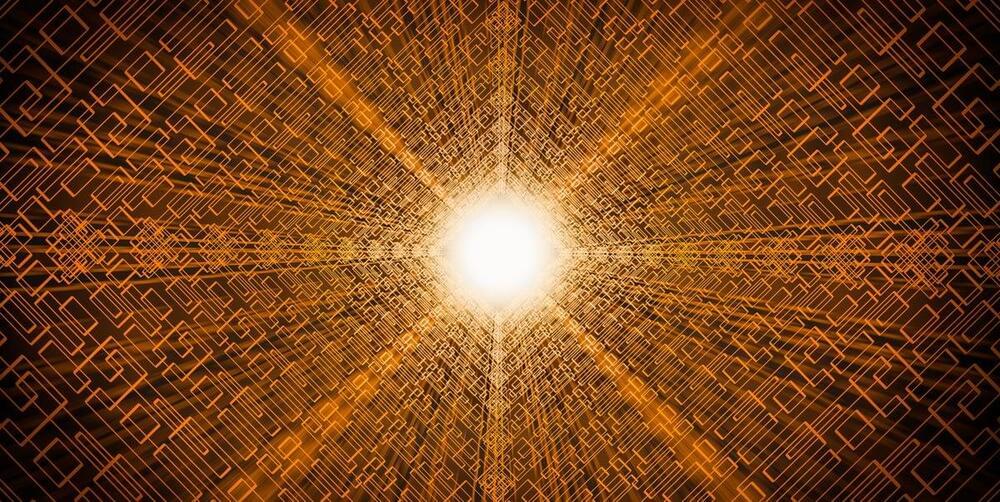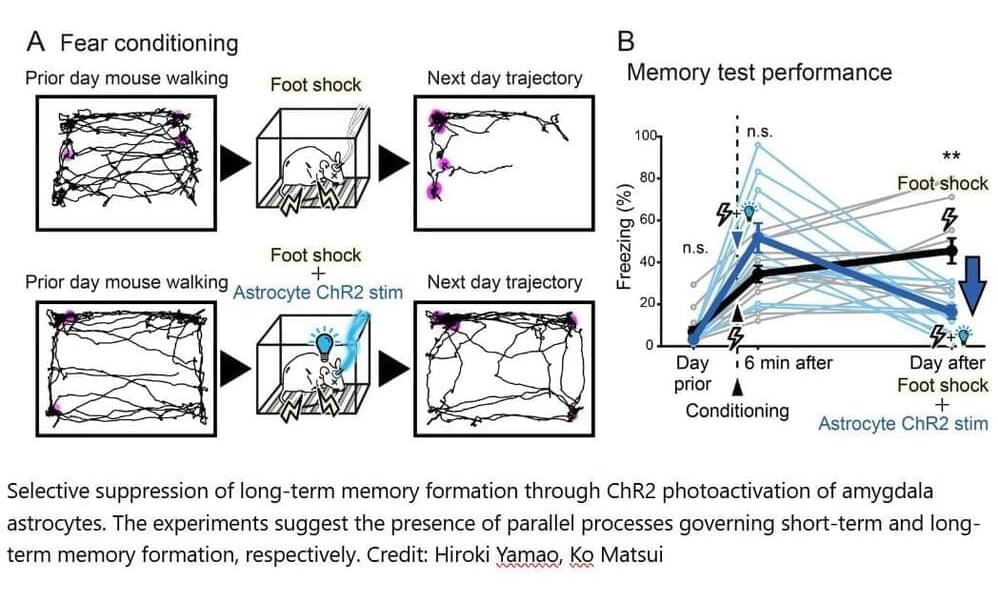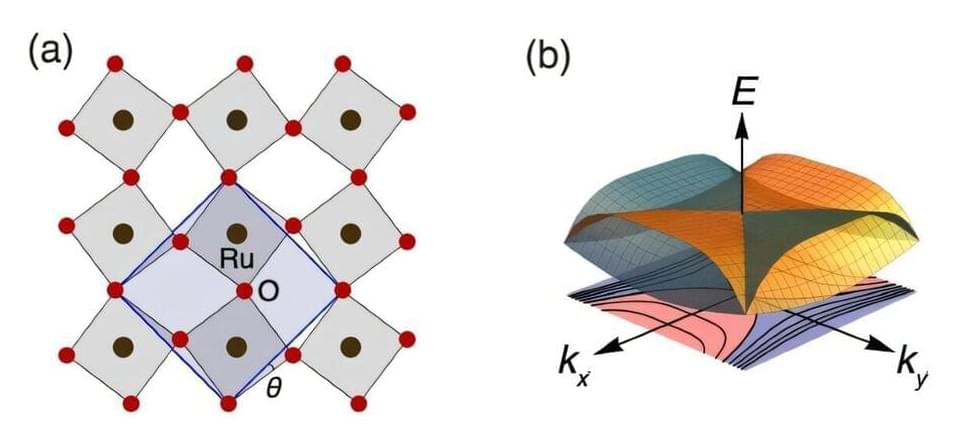This study focuses on topological time crystals, which sort of take this idea and make it a bit more complex (not that it wasn’t already). A topological time crystal’s behavior is determined by overall structure, rather than just a single atom or interaction. As ZME Science describes, if normal time crystals are a strand in a spider’s web, a topological time crystal is the entire web, and even the change of a single thread can affect the whole web. This “network” of connection is a feature, not a flaw, as it makes the topological crystal more resilient to disturbances—something quantum computers could definitely put to use.
In this experiment, scientists essentially embedded this behavior into a quantum computer, creating fidelities that exceeded previous quantum experiments. And although this all occurred in a prethermal regime, according to ZME Science, it’s still a big step forward towards potentially creating a more stable quantum computer capable of finally unlocking that future that always feels a decade from our grasp.







